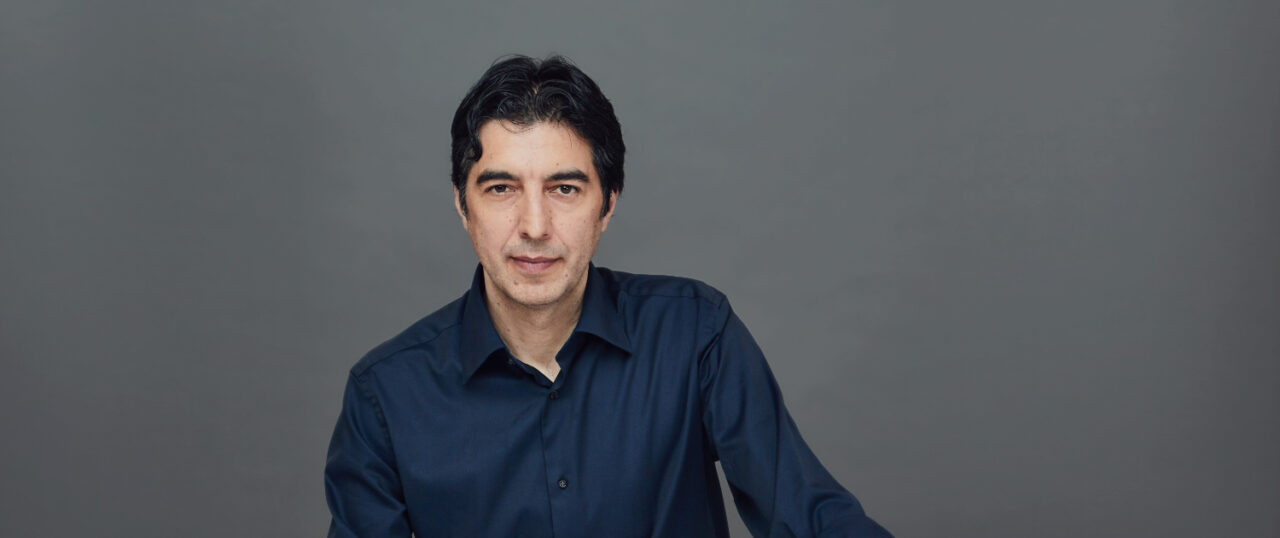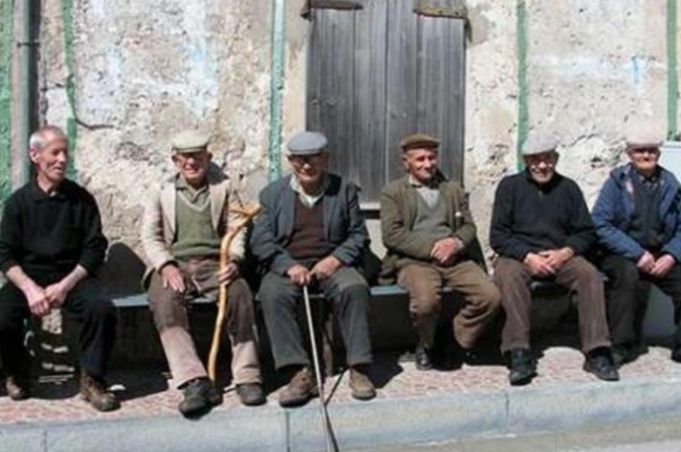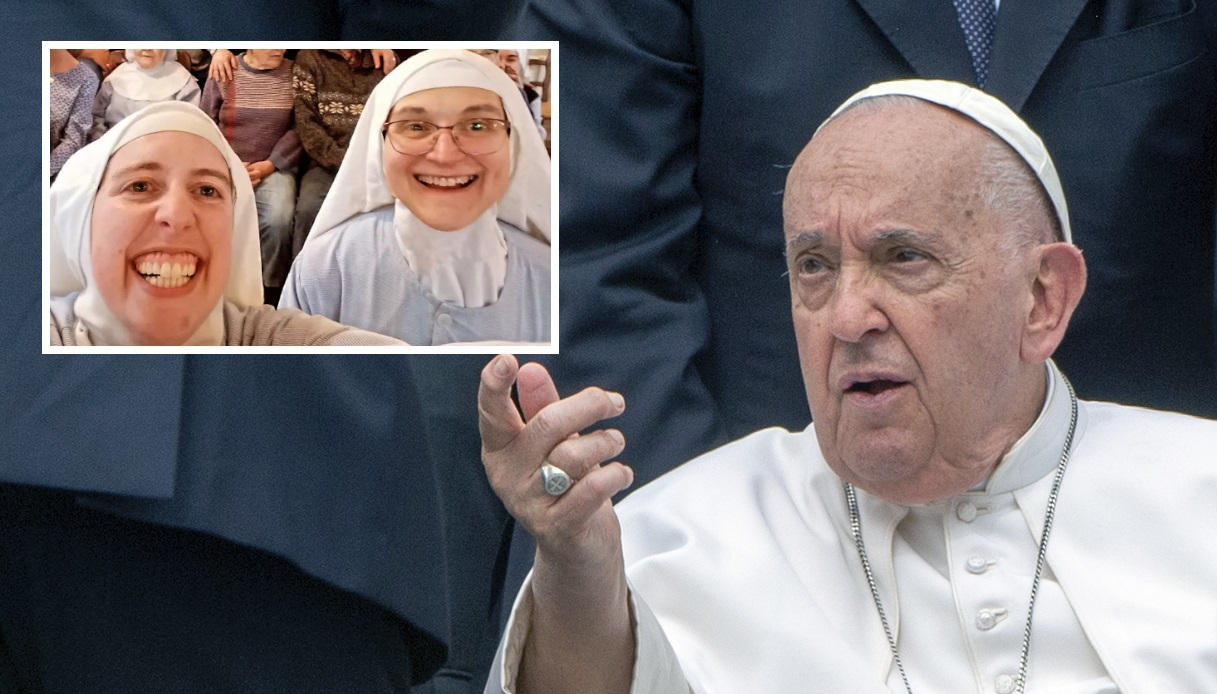As the recently concluded regional elections showed, Sardinians often do the opposite of what is expected. And not just in politics. A few days before Alessandra Todt was elected President of Sardinia, the “Sardinian issue” was the focus of an interview on Radio Uno (A). Take off the mask) by Marcelo Foa and Alessandra Ghislieri to one of the world's most important food scientists. This is the Italian professor of biogerontology, Valter Longo, who lives and does his research in Los Angeles where he directs the Longevity Institute at the University of Southern California.
These centenarians in Sardinia necessarily fasted until they were seventy years old, and then they became gluttons
Professor Longo explained in that interview that one of the foundations of being able to hope for longevity is following a diet that gradually decreases over the years: “You cannot eat the same way at 20, 50 or 90 years old.” However, this almost self-evident assumption has been overturned by a study conducted by the American University on a sample of Italian centenarians, most of whom reside in Sardinia (some in Liguria, others in Aspromonte). “They had two types of diets, which is exactly the opposite of what usually happens. For decades the diet was very poor, because they went through wars and didn't have anything to eat. Then they found themselves at 70-80 years old and still eating much more with their children. Eat little or no meat until age 70-80, then follow a high-protein diet when you shouldn't eat nearly as much.

You will live 13 years longer if your diet from age 20 onwards is rich in legumes and grains
The miracle of Sardinian longevity is undeniable, but it can no longer be replicated in our time. According to Professor Longo, the secret of longevity today lies above all in “what not to eat.” However, a recent study published in Norway of millions of people demonstrated that “a diet high in legumes, grains and nuts and mainly (but not entirely) vegetarian, if started at the age of 20, has a longer life expectancy.” Expect 13 years of extra life.” And the Mediterranean diet? For Longo, this is unjustified: “It almost doesn't exist anymore, and most people have their own version. So it may be healthy in some cases, but in many cases it's not healthy Absolutely.”
High protein means a shorter life, but also be careful with low carbs
To live longer, according to Professor Longo, it is necessary to take some precautions. “Eating a high level of protein is the worst choice a person can make for their longevity. But low-carb diets are also dangerous, as they may have an effect on weight loss in the short term, but in the long term they are associated with shortening one's life. Should we then be more careful about calories by following charts and apps that have popped up like mushrooms to warn us when they're too much? “It is absolutely useless,” Professor Longo explains. “Everyone has their own weight and body composition, and everyone has their own metabolism that is different from that of others.” Fasting must also be used with caution: “It can cause harm. It has been proven through studies that those who skip breakfast live less. Fasting two or three times a year can do a lot of good, but only if you are followed by a doctor who indicates when it is appropriate to do so. Physical exercise is good too: “150 minutes a week is ideal, including walking, with 15 minutes a week of more vigorous physical exercise.”

Read also:

“Reader. Travel maven. Student. Passionate tv junkie. Internet ninja. Twitter advocate. Web nerd. Bacon buff.”





